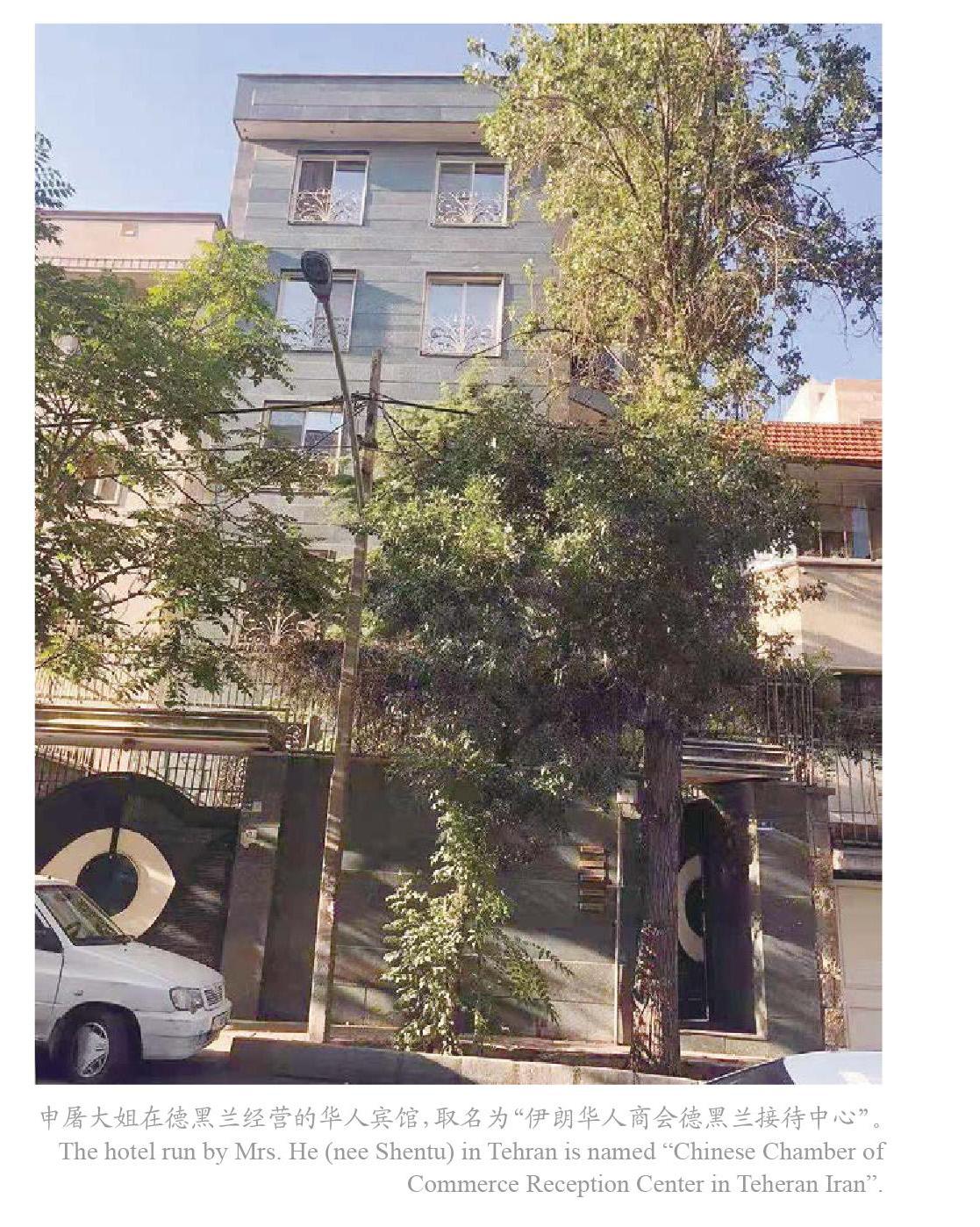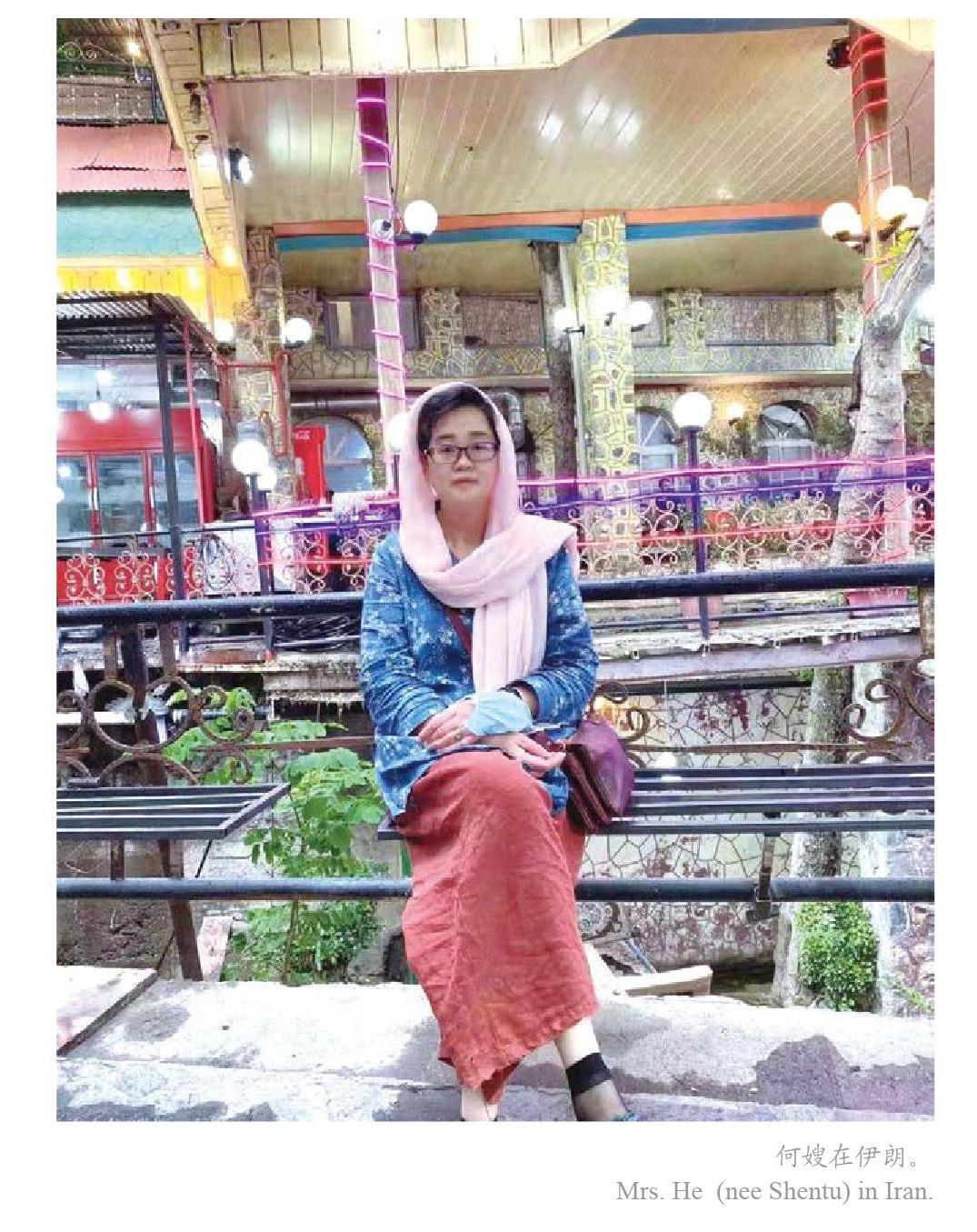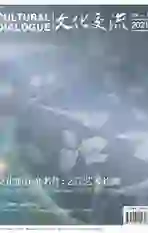在伊朗开宾馆的桐庐人
2021-09-24覃爱玲
覃爱玲



申屠荷芬,浙江桐庐人,因为丈夫姓何,大家习惯称她何嫂。2008年夫妻俩来到伊朗,在伊朗,尤其是德黑兰的华人圈,她广为人知。他们开的德黑兰华人宾馆是不少中国人在德黑兰的落脚之地。
初闯他乡奋斗三年没赚钱
来伊朗十多年,何嫂如今已经适应了德黑兰当地的生活,有稳定的生意和朋友圈。德黑兰的生活安全、方便,开车10多分钟就能到达雪山,气候夏天凉爽,冬天暖气充足。
何嫂笑称自己当年和老公是被“骗”来伊朗的。当时,一个朋友给正在建设的伊朗中国商贸城招商,把项目前景讲得无比美好,老公动了心,就决定到伊朗来闯一闯。随后夫妻俩一起来到了伊朗。
相比温州和台州等地,桐庐人去国外做生意的较少,一般在家乡上上班,日子过得不错。但是她老公还是想出国“闯一下”,考虑到当时已经40多岁,再不出去可能就没有机会了。
在伊朗中国商贸城的经历并不尽如人意。商贸城开在伊朗和伊拉克交界处的阿巴丹,200多家中国商户中,福建人居多。夫妻俩开了一家几百平方米的超市。这里在两伊战争前是伊朗的石油输出集散地,曾经颇为繁华。但是战争期间遭到严重破坏,战后长期未能恢复。
由于离沙漠近,经常有沙尘暴,日常用水都是咸的,吃的水需要另外购买,语言也不通,商户们的生活很艰苦。待了3年多,2011年下半年,因为商贸城生意欠佳,夫妇俩把剩下的五六十万元货物以3万元甩卖掉后,来到了德黑兰。
回忆起在商贸城经商的经验教训,何嫂认为,主要是阿巴丹附近民众贫穷,购买力有限,再加上商贸城自身经营管理也有一定问题。夫妻俩在阿巴丹没挣到多少钱,离开时甩卖货物又亏了一点,再赶上2012年汇率贬值,存在当地银行的20亿里亚尔本来约值200万元,谁料想竟贬值了五六十万元。3年多时间的辛苦经营,最后只剩了来时的本钱。
德黑兰租楼开宾馆
虽然没挣到什么钱,但重要的是,他们在伊朗的3年多时间里攒了个好人缘。因为去得早,店铺又是在入口的第一家,不少后来去阿巴丹的华人都是他们接待的,夫妇俩在伊朗当地认识的人逐渐多了起来,跟大家的关系也很融洽。
结束超市生意后,考虑到不少华人来伊朗需要住的地方,很多朋友建议他们夫妻俩开个宾馆,表示不仅自己会光顾,还会带朋友来住。于是,他们在德黑兰租下了一棟楼,开起了华人宾馆,就这样一直做了下来。
德黑兰可谓是夫妻俩的有缘之地。2018年之前,他们开的华人宾馆一直生意兴隆。他们将自己的宾馆取名为“伊朗华人商会德黑兰接待中心”,主要接待前往伊朗从事商务工作的华人。
宾馆位于德黑兰市北部,是六层的独栋楼房,五层住客,一层作为管理和其他用途。生意好时,还会租上附近好几套房。德黑兰北部是当地的富人区,租金比南部和西部等其他区域要高出不少。但是考虑到治安好、环境好、空气好,中国在伊朗的大公司基本租住在北部。何嫂的一个老乡,在德黑兰南部租了面积大一倍的房子,生意却比她差得多。在2018年汇率大幅贬值之前,何嫂的这栋楼一年租金约合人民币60多万元,如今虽然按照当地货币租金已经翻了一番,但换算成人民币实际上还少了一半,只需30多万元。
除了一些来伊朗考察市场的临时商务人员,何嫂的宾馆有一批长期住客,包括一些大型中资企业在当地的员工和一些中小企业在当地开展商务工作的人员。大型企业大多在当地有自己的办事处和住所,但有时一个项目开工,多的时候达到两三千人,接待不过来,就需要住到外面的宾馆中。
中小企业以做贸易为主。在何嫂的印象中,伊朗的小百货大部分来自中国。浙江人在伊朗做汽车配件的也比较多。有一家来自浙江的阀门厂,现在还把样品放在她的宾馆里。伊朗的矿产、大理石、冷冻海鲜和开心果等特色资源产品,也是很多中国商人喜欢进口到国内的货物。
伊朗流传着华人商海沉浮的故事
2018年后,由于国际环境的变化,宾馆的生意每况愈下,何嫂感慨:“这几年就是混混日子了。”其实他们的情况还算是比较好的。“毕竟在当地有这么多宾馆,只有你一家能坚持下来。”这是其他人对他们的评价。
以前德黑兰有二三十家类似的华人宾馆,现在只剩下了几家。有的虽然还在运营,生意并不好,只是因为签的租房合同还没到期,在勉强维持而已。何嫂的宾馆因为开的时间早,已经快10年了,而且夫妻俩人缘好、经营得当,被认为是他们能坚持下来的主要原因。
宾馆是信息的汇集地,尤其像何嫂的宾馆这种以中国商务人员住宿为主的宾馆,各种商务信息自然灵通。在伊朗的中国人不多,大家一起吃几顿饭,很多信息就都知道了。
何嫂印象深刻的是,2016年据说欧美要解除对伊朗制裁的时候,几个月内大批华人就从迪拜来到伊朗,希望发现新的商机。但随后因为政策没有进展,就不再来了。
中国人在伊朗做生意的各种故事在当地的华人圈里也广泛流传。一个湖北商人在德黑兰建了一个大酒店,因为相信伊朗本地合作商,结果大幅亏损,伊朗合作商却挣了钱;一个做海鲜冻品的中国商人,2019年前挣了3000多万元,由于新冠肺炎疫情影响,一下子亏掉了2000万元;一个来自河南的矿产商人,一度连买大饼的钱都没有,后来做铁矿发了财……
在伊朗办工厂,是另一种投资方式。跟国内相比,伊朗的工作节奏要慢得多,但能源、电费和人工都要便宜很多,当地政府从政策上也支持外国人投资办厂。
何嫂的宾馆里目前就住着两位从国内来、有意在伊朗投资建厂的中国商人。一个是1月来的,另一个是3月来的,都是在国内提前打了新冠疫苗。工厂基本设在当地的自贸区内,租地还是买地,选择什么样的产品,能否直接在伊朗本地市场消化掉,都是投资设厂的重要考量。其中一位温州商人,是何嫂在商贸城时就认识的,在国内找了合伙人,想让何嫂也投资参与其中。
伊朗的疫情走向目前仍然不容乐观,何嫂辞掉了雇佣的阿富汗服务员,来自河南的厨师也回国打疫苗了,现在就剩下她自己里外照管着宾馆的事务。虽然去年7月回国作为出国人员第一批打了疫苗,但除了采买等必要的活动,她也尽量不出门。今年正月的时候她曾经想回国,但机票买了好几回,终究未能成行。现在的租房合同是每年一签,形势变化太快,“要是打仗了或发生重大变故,我也就回国了”。
在何嫂的印象中,現在的伊朗人“没有钱,不爱消费了”。以前去义乌进货的挺多,现在很少。但只要头脑灵活,还是能发现一些商机。比如由于伊朗货币贬值厉害,已有中国商人抓住机会,将当地的开心果和大理石等货物卖回国内。此外,何嫂认为伊朗现在市场上的很多机器生产设备、生产资料等已老化,要是伊朗国内市场环境稳定,未来肯定能成为一个需求巨大的市场。
The Tonglu Couple Running a Hotel in Iran
By Tan Ailing
Hailing from Tonglu, Zhejiang province, the Hes have been in Iran since 2008. They are well known in the Chinese community in Teheran. Their hotel is one of the favorite places for those Chinese visiting or working in Teheran.
Living in Iran for over a decade, Shentu Hefen, better known as Mrs. He, is now well integrated into local life with a stable business and many friends around. Life in Teheran is safe and easy. It only takes ten minutes drive to a nearby snow mountain, where one can enjoy a cool summer as well as a comfortable winter with sufficient heating.
She was “tricked” by her husband to Iran years ago, Mrs. He jokes. At that time, Mr. He was attracted by the offer from the newly established Iran-China Commerce and Trade Center. Compared with those from Wenzhou and Taizhou, fewer people in Tonglu choose to venture overseas, because generally they could live a comfortable life by working in Tonglu. However, already in his 40s, her husband decided to take the risk and come to Iran.
Their experience at the Iran-China Commerce and Trade Center was not all smooth sailing. Located in Abadan city along Irans border with Iraq, the center boasted of over 200 Chinese businesses, most of which were run by those from the neighboring Fujian province. The couple opened a supermarket hundreds of square meters in size.
Before the Iran-Iraq War, Abadan was quite prosperous as Irans oil export distribution center. But it was seriously damaged during the war and failed to recover for a long time. Also, close to the desert, sandstorms hit frequently, water was salty and scarce: indeed, drinking water had to be purchased separately. Then there was also the language barrier. After staying for more than three years, in the second half of 2011, the Hes sold their business and moved to Tehran to find new opportunities.
For their unsuccessful experience in the center, Mrs. He believed that poor management of the center and locals limited purchasing power in Abadan were largely to blame. Considering the loss in clearance sales when leaving Abadan and the exchange rate depreciation in 2012, they did not make any money during the first three years in Iran.
Although unprofitable, the couples business helped them win many friends in Iran in the past three years. Gradually, they also knew more and more local people and maintained a good relationship with them.
After they closed their supermarket, many friends suggested that they open a hotel to mainly cater to Chinese coming to Iran. The couple took up the suggestion and rented a place. The rest is just history.
Sitting in the north of Teheran, the hotel, which was named Chinese Chamber of Commerce Reception Center in Teheran Iran (or CCCRC), is a stand-alone six-story building, five of which are for guests and one for administrative and other uses. Sometimes during the peak season, they still have to rent several additional apartments nearby. Although the rent is much higher in northern Teheran, where wealthy families congregate, than other aeras, good public security, good environment and good air mean that large Chinese companies in Iran have generally chosen this area as their base, a large source of guests for the hotel, as they often stay there for the long term. Then other sources include short-term visitors and business travelers, as well as groups of workers when a big project is launched.
The Hes were doing brisk business until in 2018, when the currency sharply devalued and the international circumstances changed dramatically, forcing the closure of more than a dozen hotels like theirs. Thanks to the Hes good management over the past ten years, they have managed to keep their hotel going.
Hotels have often played an important role as information exchange channels and centers, and the Hes hotel is no exception, especially since their guests are mostly Chinese businessmen and all sorts of information are naturally flying about and passed from one another quickly. A most impressive experiences for Mrs. He was in 2016 when the EU and the US were reported to be lifting sanctions against Iran, throngs of Chinese came to Iran from Dubai within only a few months, hoping to find new business opportunities. But it soon petered out as no progress had been made.
Setting up factories in Iran was another popular investment. Compared to China, the pace of work in Iran was much slower, but the costs of energy, electricity and labor were much cheaper. Two Chinese businessmen are staying at Mrs. Hes hotel right now, doing some fieldwork for setting up factories there. As with the majority of people in China, the two businessmen were vaccinated before traveling abroad.
The situation in Iran is still not optimistic as far as combating COVID-19 is concerned. Except for shopping and other essential activities, Mrs. He tries not to go out although she has already been vaccinated. To her, the Iranian people nowadays become less inclined for spending and consumption: far fewer Iranian merchants journey to Yiwu to buy small commodities. Nonetheless, there are still business opportunities out there to be tapped. For example, the drastic devaluation of the Iranian currency enabled some Chinese businessmen to buy in a much cheaper price local pistachios, marble and other goods, and sell them back to China. With Irans aging machineries and equipment, once Irans domestic conditions stabilize, Mrs. He believes it is destined to become a market with a huge demand in the future.
